
Poongsan Bldg. 23 Chungjeongro, Seodaemun-gu, Seoul 03737, Korea
Tel: 82 2 2262 6288 / Fax: 82 2 2279 5020
E: kimsh@leeinternational.com W: www.leeinternational.com

Sparked by an increase in the number of repeat offenders committing crimes, Korea has enacted a number of laws designed to prevent crimes by imposing aggravated punishment on repeat offenders.
However, the Korean Constitutional Court found a provision in one of those laws to be unconstitutional because these aggravated punishments were being excessively imposed without sufficiently considering special circumstances of the individual criminals involved. The Constitutional Court’s view is noteworthy in that it introduced the concept of flexible sentencing standards, replacing the rigid aggravated punishment standards that had been uniformly applied up to that time. The Constitutional Court’s decision is regarded as good news for those advocating the protection of human rights in Korea. Below are some of the details of the Court’s decision, which dealt with two different provisions imposing different ranges of punishment on repeat offenders who have committed larceny.
The Korean Act on Aggravated Punishments, Etc. for Specific Crimes (the Specific Crimes Act) included Article 5-4, which provided that a person who habitually committed crimes under Article 329 (larceny) of the Korean Criminal Act was subject to imprisonment of not less than three years, up to life in prison. Article 332 of the Criminal Act provided that habitual criminals under Article 329 were subject to punishment up to one and one half times the penalty specified under Article 329. Given that Article 329 requires imprisonment for not more than six years or a fine not exceeding W10 million (US$8,700) for non-habitual criminals who commit larceny, the aggravated punishment for habitual criminals who commit larceny under Article 332, totals imprisonment of not more than nine years or a fine not exceeding W15 million.
Article 332 of the Criminal Act and Article 5-4(1) of the Specific Crimes Act both related to the same type of crime — habitual larceny — but provided different severity levels of punishment for that crime. Because Article 5-4(1), which was enacted after Article 332, required heavier punishment than Article 332, the former prevailed over the latter when punishments were applied.
A defendant in a criminal case objected to these different punishments for the same crime. Charged under Article 5-4(1) of the Specific Crimes Act (instead of Article 332 of the Criminal Act), the defendant sought a decision that the law was unconstitutional (2014Heonga16). On February 26, 2015, the Constitutional Court decided that the provision was unconstitutional as claimed by the defendant. The Constitutional Court found that depending on how the prosecutor charged the defendant, the punishment for the same act of larceny could be different and such a discrepancy would be unfair to the defendant. For example, if the defendant was charged under Article 332 of the Criminal Act, then the defendant might be subject to a simple fine. In contrast, if charged under Article 5-4(1), the defendant would be sentenced to imprisonment of not less than one year and six months, even with the penalty reduced as much as would be permitted under the judge’s discretion. The court stated that this huge difference in punishment resulted in a massive imbalance and inequality of punishment for the same crime, which violated the basic principles of the Constitution and conflicted with the principle of equality under the law.
Following the Constitutional Court’s decision, Article 5-4(1) of the Specific Crimes Act was revoked, and the Korean Supreme Court’s Sentencing Committee amended the sentencing standards applied to habitual criminals who engage in larceny. The amendment allows habitual offenders to be subject to greater sentencing discretion rather than to the uniformly severe punishment that had been provided under the Specific Crimes Act.
The court’s decision establishes a new trend for sentencing that abandons aggravated punishment based on special acts in favour of a more flexible sentencing standard which is customised to each case. This trend is expected to become even stronger in coming years. As this trend evolves it will be important to establish more scientific and concrete sentencing standards for dealing with criminal policies. Moreover, legal scholars and practitioners should engage in further study and discuss individual cases that were or may be subject to sentencing standards so that they can provide more feedback on existing sentencing standards. More feedback will likely result in more clarity in the standards. Clearer standards for sentencing, in turn, will contribute to enhanced protection of human rights in the Korean criminal court system. It will also help to realise the ideal of harmonising the protection of society with the return and adjustment to society of criminals.


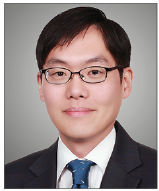
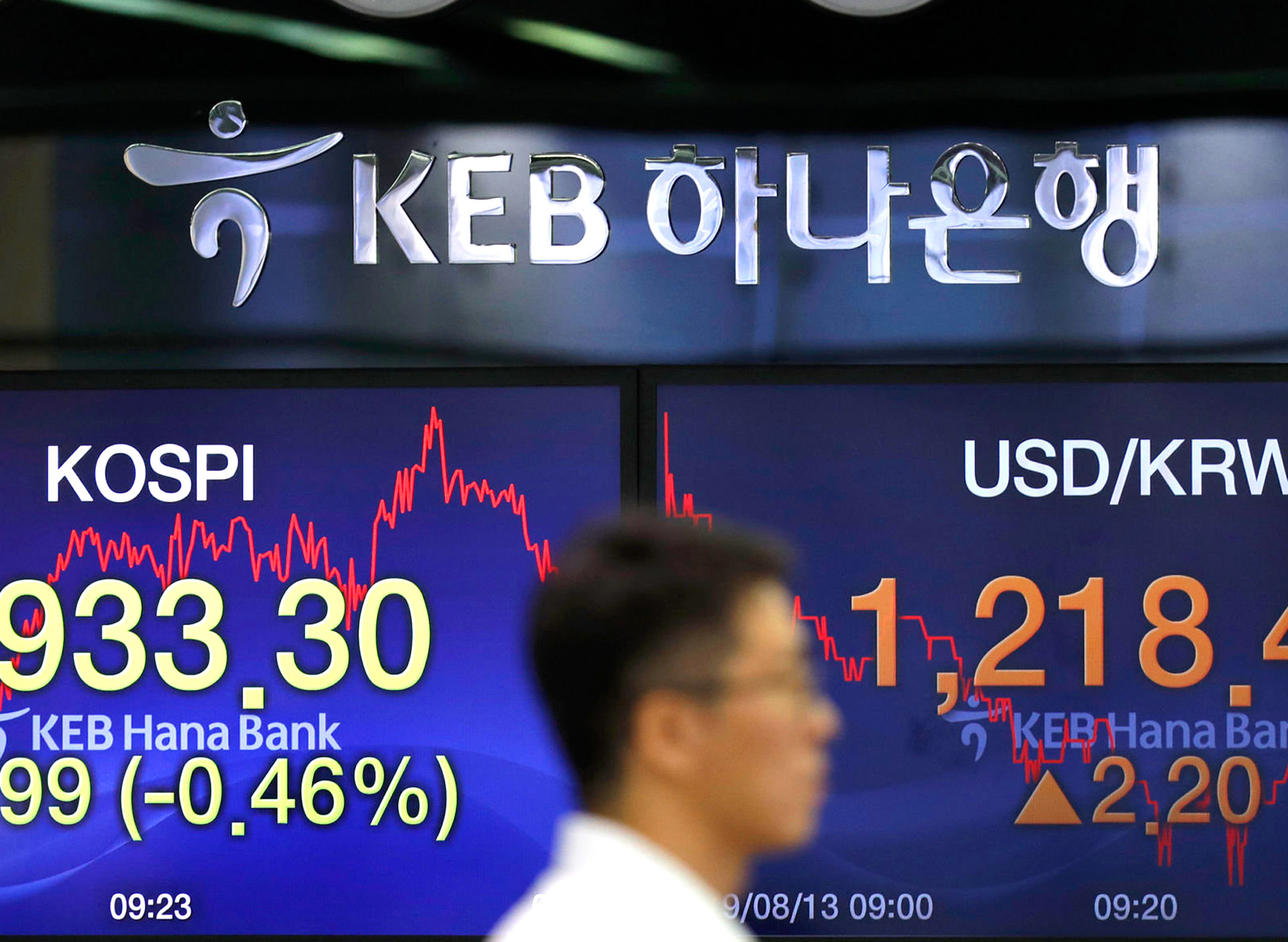



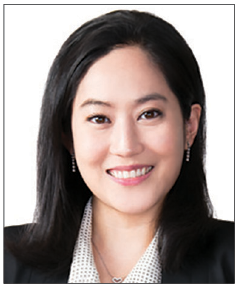

























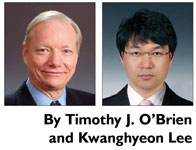








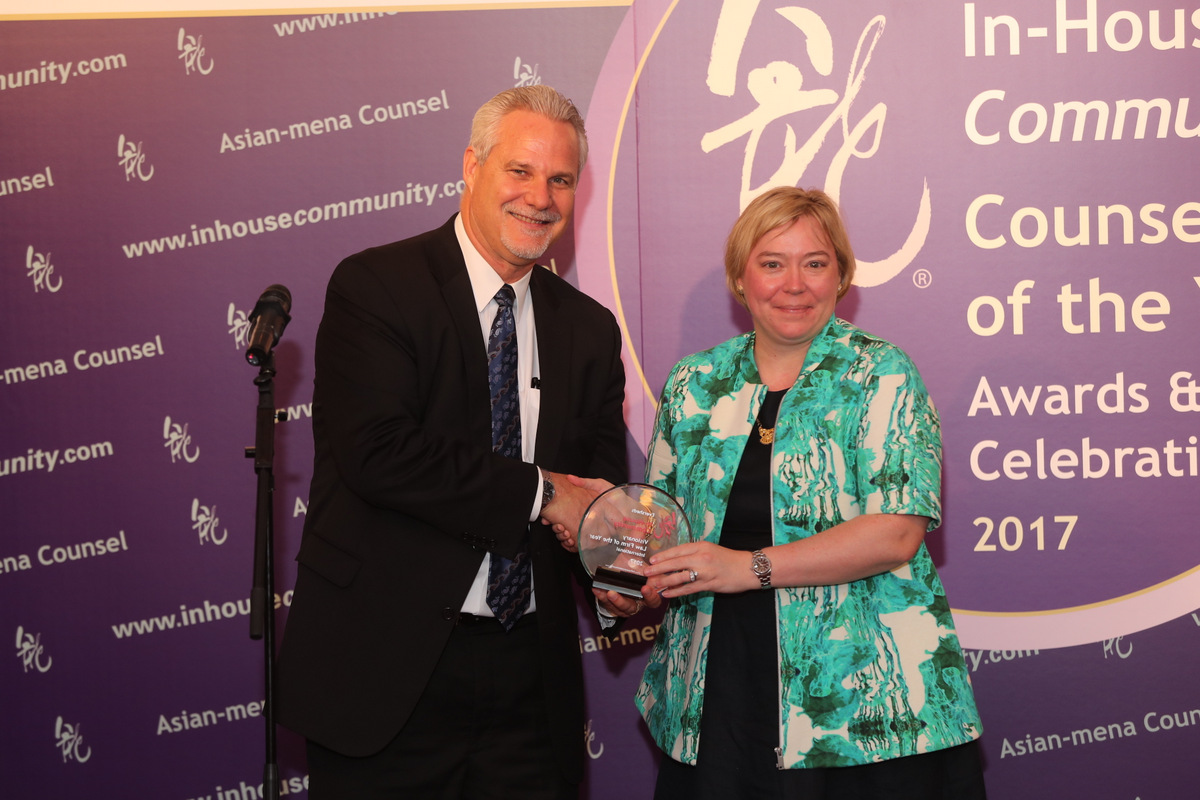


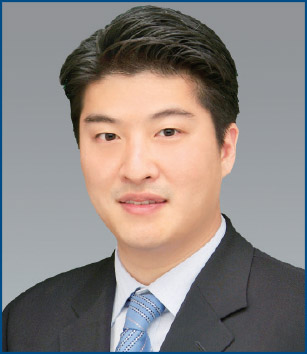 Nicholas H. Park
Nicholas H. Park







